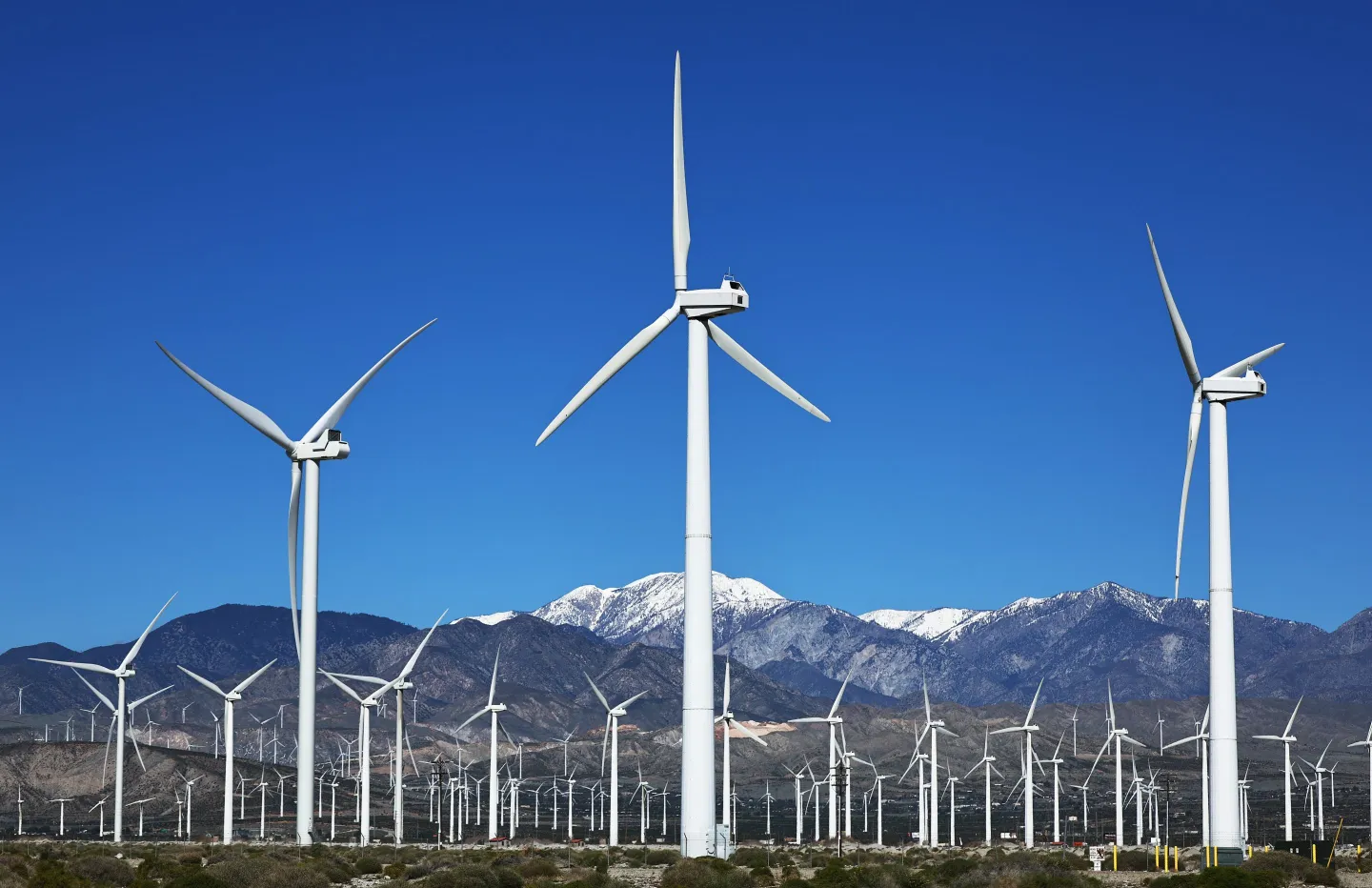Michigan and 17 Other States Sue Trump Administration Over Wind Energy Blockade
LANSING, Mich. — Michigan joined an 18-state coalition in a lawsuit against the Trump administration, alleging it is illegally delaying the progress of wind energy projects. The litigation follows a federal order issued by former President Donald Trump in January that abruptly suspended approval of wind energy projects subject to federal review.
Michigan Attorney General Dana Nessel has spoken about the harm this action has caused to the state’s clean energy aspirations. In her opinion, numerous wind energy projects have been postponed or closed entirely – even those that were already in progress. Nessel condemned Trump’s continued resistance to renewable energy, saying, “While Donald Trump continues to spread misinformation about renewable energy, the truth is that it is reliable, affordable, and supports thousands of jobs here in Michigan.”.
This is not just political backlash. The states say that this eleventh-hour federal requirement directly undermines their initiatives to cut emissions, acquire safe sources of energy, and invest in new infrastructure. In Michigan, stakes are high. The state is currently generating around 7% of its energy from the wind. It is a small percentage, but the utility companies have set bold goals to increase the percentage to 25% by 2035.
Trump-era executive order, though, jeopardizes these hopes. It doesn’t merely stop progress – it increases costs. With schemes stuck in the mud or abandoned, states have to reboot and repeat years of planning, permitting, and building. Nessel emphasized that this disruption not only harms the earth but also devours state and private sector investment already made in cleaner energy futures.
The attorneys general who filed the suit contend that Trump’s order is in direct contravention of federal law. By way of a specific example, the complaint alleges that the order contravenes the Administrative Procedure Act, an important legal protection which ensures that federal agencies use open and rational procedures when they act on matters. Trump’s administration here is criticized for failing to provide any plausible explanation of the sudden policy flip – particularly in the context of the continued subsidy of fossil fuel exploration by the federal government.
What’s most striking about this situation is the paradox it presents. While oil and gas projects continue to receive rapid-track approvals and federal support, wind energy projects are stymied by an odd barrier without justification. For states like Michigan, which have made significant investments in renewable infrastructure, this unequal treatment isn’t just infuriating – it’s damaging.
The suit also alludes to how the federal requirement has “ruined” billions of dollars of investment. It’s not cheap to do infrastructure projects, nor are wind energy projects. From the production and exportation of turbines to the construction of giant wind farms, the human resources and financial commitment are significant. Halting such projects halfway destroys money and disrupts investor confidence – something that states cannot let happen as they shift to greener economies.
Apart from the economic consideration, there is also the question of reliability and preparedness for the future. Renewable energy is no longer merely about being green. It’s more about energy independence and grid resilience. The lawsuit points out that wind energy has been a proven reliable source of the power grid. By withholding its progress, the federal government is arguably undermining the states’ capacity to build a more secure and diversified energy mix.
For Michigan, the question comes home in a very personal way. With the state’s wide open spaces and long tradition of environmental responsibility, wind power is an economic and environmental opportunity. Stopping progress not only threatens that potential – it also threatens local jobs. From engineers and technicians to construction workers and maintenance personnel, the wind industry creates thousands of jobs across the state.
More generally, this courtroom struggle is a spur for the national conversation about energy policy. Should the federal government have the power to selectively promote certain energy sources and extinguish others, particularly without a clear and lawful reason? That’s essentially the straightforward question the courts will now have to grapple with.
Finally, Michigan and the remaining 17 states that are part of the suit are fighting not only for clean energy, but for legal equality, economic investment, and environmental advancement. As Attorney General Nessel and other counterparts maintain, the stakes transcend a presidential memorandum. They go to the very core of government actions encouraging innovation, safeguarding the environment, and allowing states to plan for a sustainable future.
As the case proceeds, it’s apparent that the decision could have lasting implications on how energy policy is formulated in the U.S., especially where federal power intersects with state aspiration. One thing is certain: Michigan is not giving up on its vision of a cleaner, more resilient energy future. And neither are the other 17 states who believe wind power is worth fighting for.







